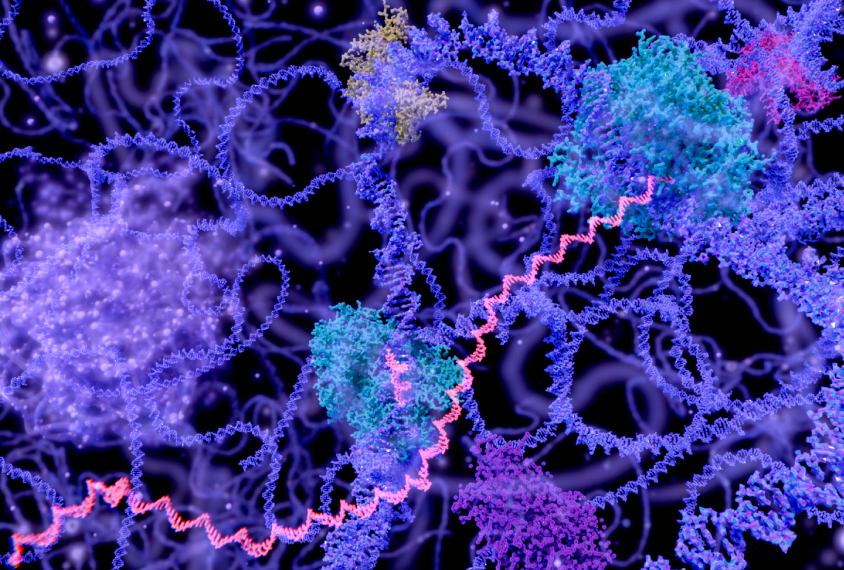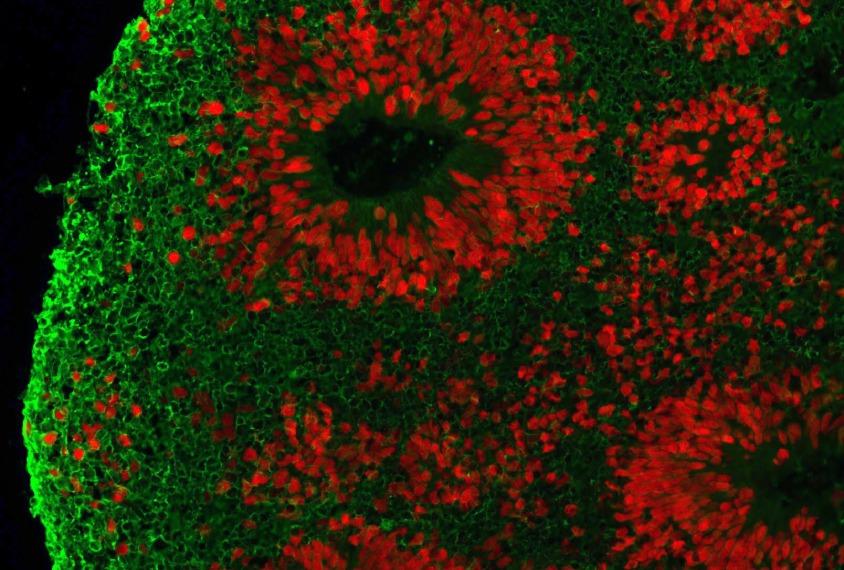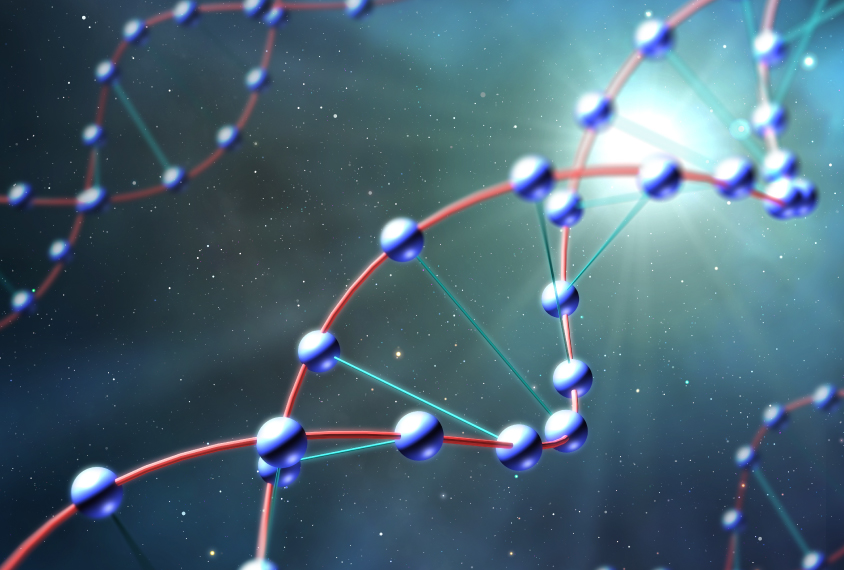ASHG 2019
Recent articles
Antidote to ‘poison’ DNA may treat lethal form of epilepsy
An experimental drug silences a DNA segment and seems to prevent seizures and death in a condition related to autism.

Antidote to ‘poison’ DNA may treat lethal form of epilepsy
An experimental drug silences a DNA segment and seems to prevent seizures and death in a condition related to autism.
Brain ‘organoids’ point to new drug target for fragile X syndrome
New findings hint at why drugs that work in mouse models of fragile X syndrome have not been effective in people.

Brain ‘organoids’ point to new drug target for fragile X syndrome
New findings hint at why drugs that work in mouse models of fragile X syndrome have not been effective in people.
Massive project doubles list of genes tied to autism
The largest analysis of sequences from autistic people and their families implicates 184 genes in the condition — nearly doubling the previous estimate.

Massive project doubles list of genes tied to autism
The largest analysis of sequences from autistic people and their families implicates 184 genes in the condition — nearly doubling the previous estimate.
Explore more from The Transmitter
Mitochondrial ‘landscape’ shifts across human brain
Evolutionarily newer regions sport mitochondria with a higher capacity for energy production than older regions, according to the first detailed map of the organelles in a tissue slice, adding to mounting evidence that the brain features a metabolic gradient.

Mitochondrial ‘landscape’ shifts across human brain
Evolutionarily newer regions sport mitochondria with a higher capacity for energy production than older regions, according to the first detailed map of the organelles in a tissue slice, adding to mounting evidence that the brain features a metabolic gradient.
Expediting clinical trials for profound autism: Q&A with Matthew State
Aligning Research to Impact Autism, a new initiative funded by the Sergey Brin Family Foundation, wants to bring basic science discoveries to the clinic faster.

Expediting clinical trials for profound autism: Q&A with Matthew State
Aligning Research to Impact Autism, a new initiative funded by the Sergey Brin Family Foundation, wants to bring basic science discoveries to the clinic faster.
This paper changed my life: Shane Liddelow on two papers that upended astrocyte research
A game-changing cell culture method developed in Ben Barres’ lab completely transformed the way we study astrocytes and helped me build a career studying their reactive substates.

This paper changed my life: Shane Liddelow on two papers that upended astrocyte research
A game-changing cell culture method developed in Ben Barres’ lab completely transformed the way we study astrocytes and helped me build a career studying their reactive substates.